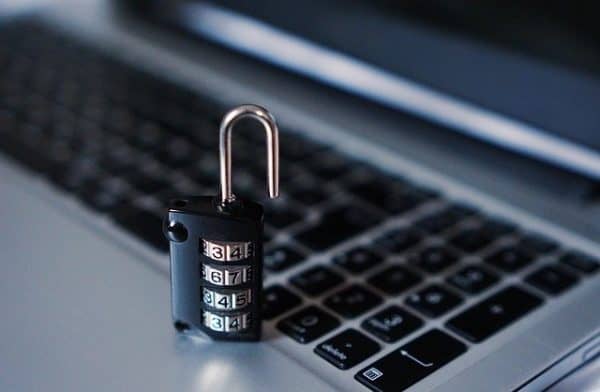The way we use ourlaptop computers has changed drastically in the last 12 months. Whereas we may have used them intermittently to catch up on home admin and occasionally a bit of extra work from the office, we are now using them much more frequently.
If you are one of the many Americans who are now working remotely, you could now be using your laptop every day all day. It is now your work computer and your way of holding meetings and catching up with those in the office on less work-related matters.

As your laptop is now vital to how you work and communicate, you could take a closer look at your laptop’s security and the data you access with it. Now you are using it more often, and for many tasks you might not have done previously, the risk of falling victim to some form of cybercrime is much higher.
Changes due to remote work
When you work remotely, you are no longer in a secure office environment and accessing the data you need for your typical working day over the internet. This puts you and your laptop computers at greater risk, and as such, you need to take greater precautions than when you just used it occasionally.
Of course, you should check that your anti-virus software is up to date (now you are working remotely, the company you work for may contribute to the cost of this or pay for it entirely), but there are other measures you can put in place to help protect your laptop computer.
Distractions while working remotely
While you were in a secure office environment, you had a dedicated workspace where you could get on with your day in relative peace and quiet. Now you are working from home, and this may not be the case. You could be working from a table in the middle of a busy home kitchen with family members, milling around providing the distractions you would not usually have as part of your 9-5.
These distractions can take your attention away from what you are doing and put you behind schedule. Both of these factors can mean you could make a poor or hasty choice when opening a suspect email and accidentally infect your laptop with malware or ransomware.
While you might think the likelihood of this is very slim, you should also be aware that the frequency and sophistication of cyber-attacks have increased significantly in the last 12 months to capitalize on the upheaval caused by the pandemic. This is especially true with phishing emails, which were once very clumsy and easy to spot without-of-date graphics and inaccurate details.
What has become more frequent recently are more targeted, more detailed emails aimed at a handful of people, such as everyone working for the same company. These ‘spear phishing’ emails can go undetected by those who are distracted, in a rush or tired.
Final thoughts
In conclusion, there is more to protecting your laptop other than just making sure you have anti-virus software installed. The majority of cybercrime succeeds because the end-user (that’s you) is an unwitting accomplice, so you have your part to play by being vigilant.
 Gearfuse Technology, Science, Culture & More
Gearfuse Technology, Science, Culture & More


